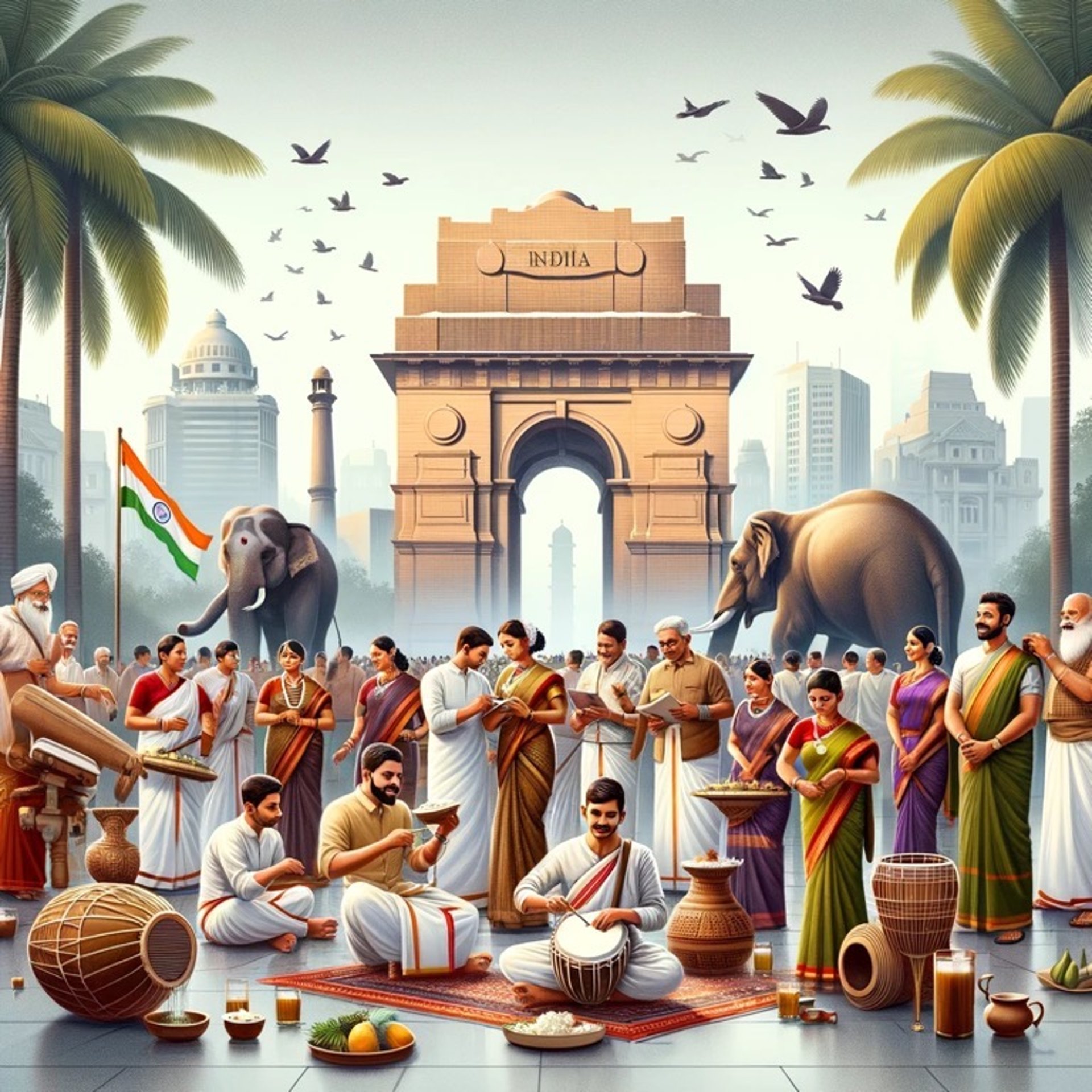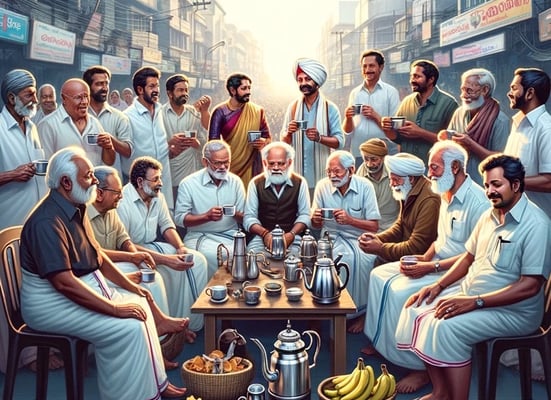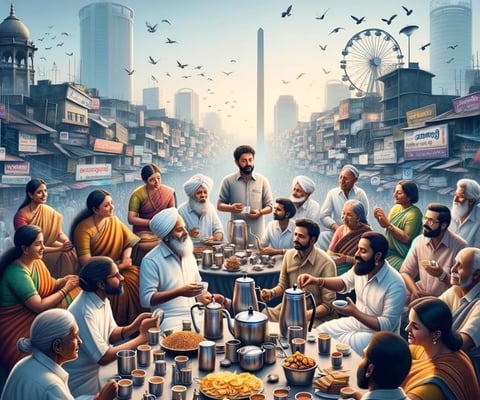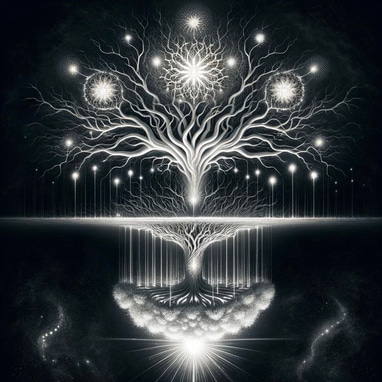
Between Two Worlds: Navigating Identity, Culture, and Politics - The Malayali Diaspora in Delhi under the Modi Era
This blog article delves into the complex identity crisis and myriad challenges confronting the Malayali community in Delhi, set against the backdrop of the Modi-led BJP government’s tenure. It explores the nuanced interplay of beef stereotyping, media portrayals, political ideologies, and religious perceptions that contribute to cognitive dissonance, social isolation, and a sense of insecurity among Kerala-born residents in the capital. Through examining these multifaceted issues, the article sheds light on the delicate balance Malayalis strive to maintain between preserving their rich cultural heritage and adapting to the evolving socio-political landscape of Delhi.
Shary Krishna
2/1/20242 min read
Between Two Worlds: Navigating Identity, Culture, and Politics - The Malayali Diaspora in Delhi under the Modi Era
The identity crisis and challenges faced by the Malayali community residing in Delhi, especially under the backdrop of the Modi-led BJP government, reflect a complex interplay of cultural, political, and social dynamics. This discussion involves several key themes, including beef stereotyping, the portrayal of Kerala in media and films like “The Kerala Story,” the influence of left political sentiment within the Malayali community, universal religious perceptions, and the cognitive dissonance, social isolation, polarization, and insecurities arising from these factors.
Beef Stereotyping: The Malayali community’s dietary practices, including beef consumption, which is culturally accepted and widespread in Kerala, often become a point of contention and stereotyping in other parts of India, where dietary habits can carry significant religious and cultural connotations. This stereotyping can lead to misunderstandings and prejudices, contributing to the community’s sense of alienation (Rajagopal, 2001).
Portrayal in Media and Films: Films and media narratives, such as “The Kerala Story,” can influence public perception by highlighting certain aspects of a community or region, sometimes in a way that might not fully represent its complexity or diversity. Such portrayals can exacerbate misunderstandings and stereotypes, leading to cognitive dissonance among those who identify with the depicted community but do not see their own experiences or perspectives accurately represented (Chacko, 2020).
Political Sentiments: The Malayali community’s general inclination towards left-wing political ideologies, stemming from Kerala’s strong tradition of leftist politics, can clash with the right-wing political ideology of the BJP-led central government. This divergence can intensify feelings of political and social exclusion, contributing to a deeper sense of identity crisis and isolation among Malayalis residing in Delhi (Nossiter, 1982).
Universal Religious Perceptions: Kerala’s pluralistic society, with a significant representation of Hindus, Muslims, Christians, and other religious groups living together with a high degree of communal harmony, contrasts with the more polarized religious perceptions that might be encountered in other parts of India. This discrepancy can lead to cognitive dissonances for Malayalis in Delhi, as they navigate a landscape where religious identity can play a more pronounced role in social and political dynamics (Osella & Osella, 2000).
Cognitive Dissonances and Mental Conflict: The contrast between the communal harmony experienced in Kerala and the communal tensions perceived in parts of North India can lead to cognitive dissonances and mental conflict among the Malayali diaspora. This is further compounded by the stereotypes and prejudices they may face, contributing to a sense of not fully belonging to either culture (Menon & Nigam, 2007).
Social Isolation, Polarization, and Insecurities: The cumulative effect of these factors can result in social isolation, polarization within the community, and heightened insecurities about cultural identity, personal safety, and belonging. The Malayali community in Delhi might find itself navigating a delicate balance between preserving their cultural identity and adapting to the broader socio-political climate of their environment (Hansen, 1999).
References:
• Rajagopal, A. (2001). Politics After Television: Hindu Nationalism and the Reshaping of the Public in India. Cambridge University Press.
• Chacko, P. (2020). “Media Representation of Kerala’s Response to the COVID-19 Pandemic.” Journal of Media Studies, 35(1), 12-29.
• Nossiter, T. J. (1982). Communism in Kerala: A Study in Political Adaptation. University of California Press.
• Osella, F., & Osella, C. (2000). Social Mobility in Kerala: Modernity and Identity in Conflict. Pluto Press.
• Menon, D., & Nigam, A. (2007). “Power and Contestation: India Since 1989.” Zed Books.
• Hansen, T. B. (1999). The Saffron Wave: Democracy and Hindu Nationalism in Modern India. Princeton University Press.


My post content




